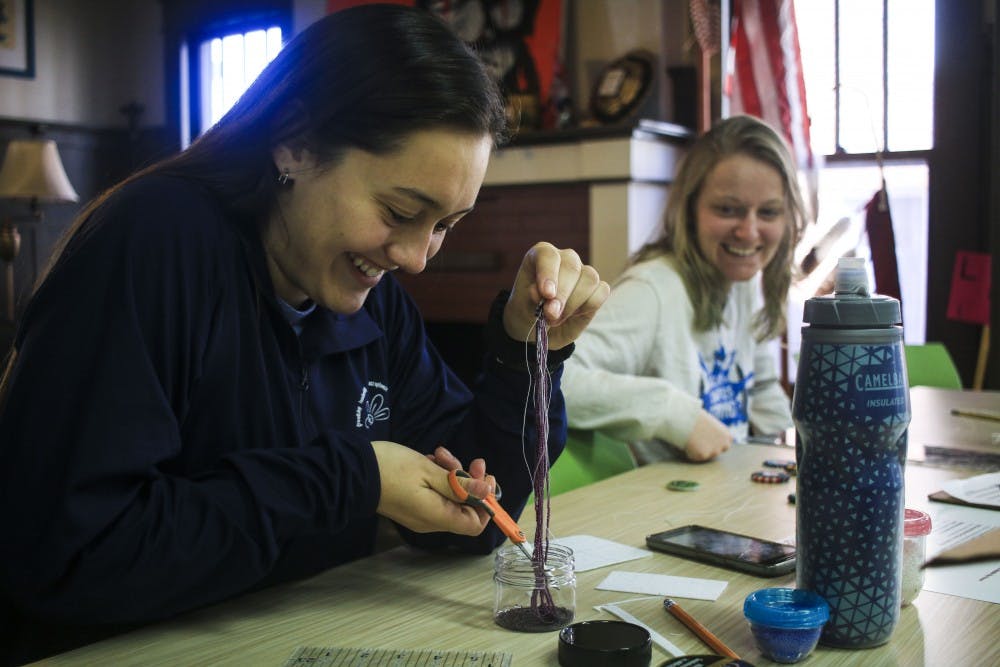November is Native American Heritage Month, an annual recognition of Native American culture, traditions and societal contributions. For the First Nations Educational and Cultural Center, it’s also a chance to educate and bring awareness to Native American causes at IU.
“It’s not just ‘learn about,’” FNECC director Nicky Belle said. “It’s ‘learn with.’ It’s ‘learn from.’ It’s ‘come and be part of these conversations.’”
Belle said learning more about different cultures improves people’s understanding and participation in modern issues facing indigenous peoples, including Native American land loss and sovereignty disputes.
The FNECC has organized a variety of events for Native American Heritage Month, including a traditional Potawatomi cooking tutorial, a film series and lectures on Native American cultures and traditions.
Belle said the film series in particular is important because it exposes people to contemporary Native American life and issues. Many people come to IU only knowing about past issues for Native Americans.
“They learned what Native people had, went, saw did, etc., and know very little about what’s going on now in Native communities,” Belle said.

Native American students made up 0.8 percent of IU Bloomington students in the 2017-2018 academic year, and only five tenured or tenure track faculty members were Native American in 2016.
Sophomore Caleb King, a founder of IU’s Native American Student Association, said people at IU don’t understand Native American issues.
“I think the perception on campus — and in many non-native people’s minds — is still that Native people were eradicated when Columbus arrived,” King said. “Just seeing how that can be diminishing to the native voice on campus is hard.”
King said while the FNECC has supported him and other Native American students, he feels IU as an institution has not encouraged Native American students and culture.
Both King and Belle said IU community members can help Native Americans by recognizing Native Americans and their problems within their own communities.
“White people are highly recognized in society,” King said. “Their issues are immediately heard. When you’re not recognized, your issues are not immediately heard.”
Belle said people can work to educate themselves on Native American issues and challenge what they have previously learned.
“We always tell people to think about where they come from,” Belle said. “Think about what they know, think about what has been taught to them and why.”
A previous version of a photo caption said Native American History Month instead of Native American Heritage Month. The IDS regrets this error.




